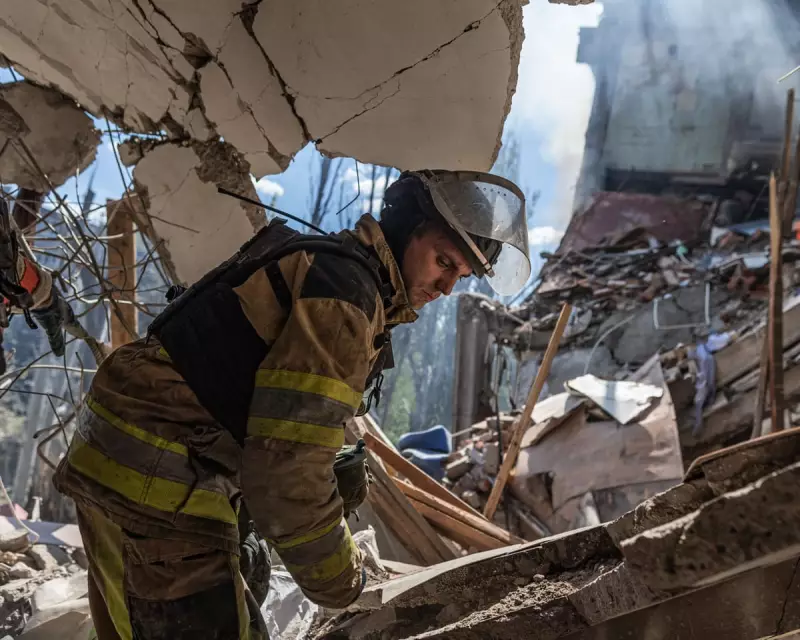
In a move that has sent shockwaves through international diplomacy, former US President Donald Trump has proposed a controversial peace plan that would effectively force Ukraine into concessions to Russia by threatening to withdraw crucial NATO support.
The Ultimatum That's Rattling Global Security
According to multiple sources familiar with the discussions, Trump's strategy involves presenting Ukraine with an ultimatum: accept a negotiated settlement heavily favouring Russian interests or face the withdrawal of American military and financial backing through NATO channels. This aggressive approach has been described by European officials as "political blackmail" that could fundamentally undermine Ukrainian sovereignty.
European Backlash and Diplomatic Fallout
The proposal has triggered immediate and fierce condemnation from key European allies. German Chancellor Olaf Scholz reportedly expressed "profound concern" during emergency discussions, while French President Emmanuel Macron condemned what he called "dangerous geopolitical gambling." British defence officials have been engaged in urgent consultations with NATO counterparts, with one Whitehall source describing the situation as "the most serious test of Atlantic unity in a generation."
Kremlin's Calculated Response
Meanwhile, the Kremlin has responded with cautious optimism. Russian officials have indicated willingness to engage with what they perceive as a more "pragmatic" approach from Washington, though they maintain publicly that any settlement must reflect their stated security interests. This development comes amid intensified Russian military operations along several fronts in eastern Ukraine.
Implications for NATO's Future
Security analysts are warning that Trump's proposal represents nothing less than an existential threat to the NATO alliance itself. The potential withdrawal of American support would not only cripple Ukraine's defence capabilities but could embolden Russian aggression against other neighbouring states.
Dr Evelyn Crowe, Senior Research Fellow at Chatham House, told The Guardian: "This isn't just about Ukraine anymore. It's about whether the Western security architecture that has maintained peace in Europe since 1945 can survive such fundamental challenges to its core principles."
Military Realities on the Ground
The timing of these revelations is particularly sensitive given current military realities. Ukrainian forces continue to face severe ammunition shortages and increasing pressure on multiple fronts. Western intelligence assessments suggest Russian forces are preparing for a major offensive operation before winter conditions set in.
What Happens Next?
The international community now faces critical questions about how to respond to this unprecedented challenge to collective security. Diplomatic efforts are intensifying behind the scenes, with urgent consultations occurring between foreign ministries across Europe and North America.
As one NATO diplomat grimly concluded: "We're facing the very real possibility that the rules-based international order we've spent decades building could unravel in a matter of months. The stakes couldn't be higher."





